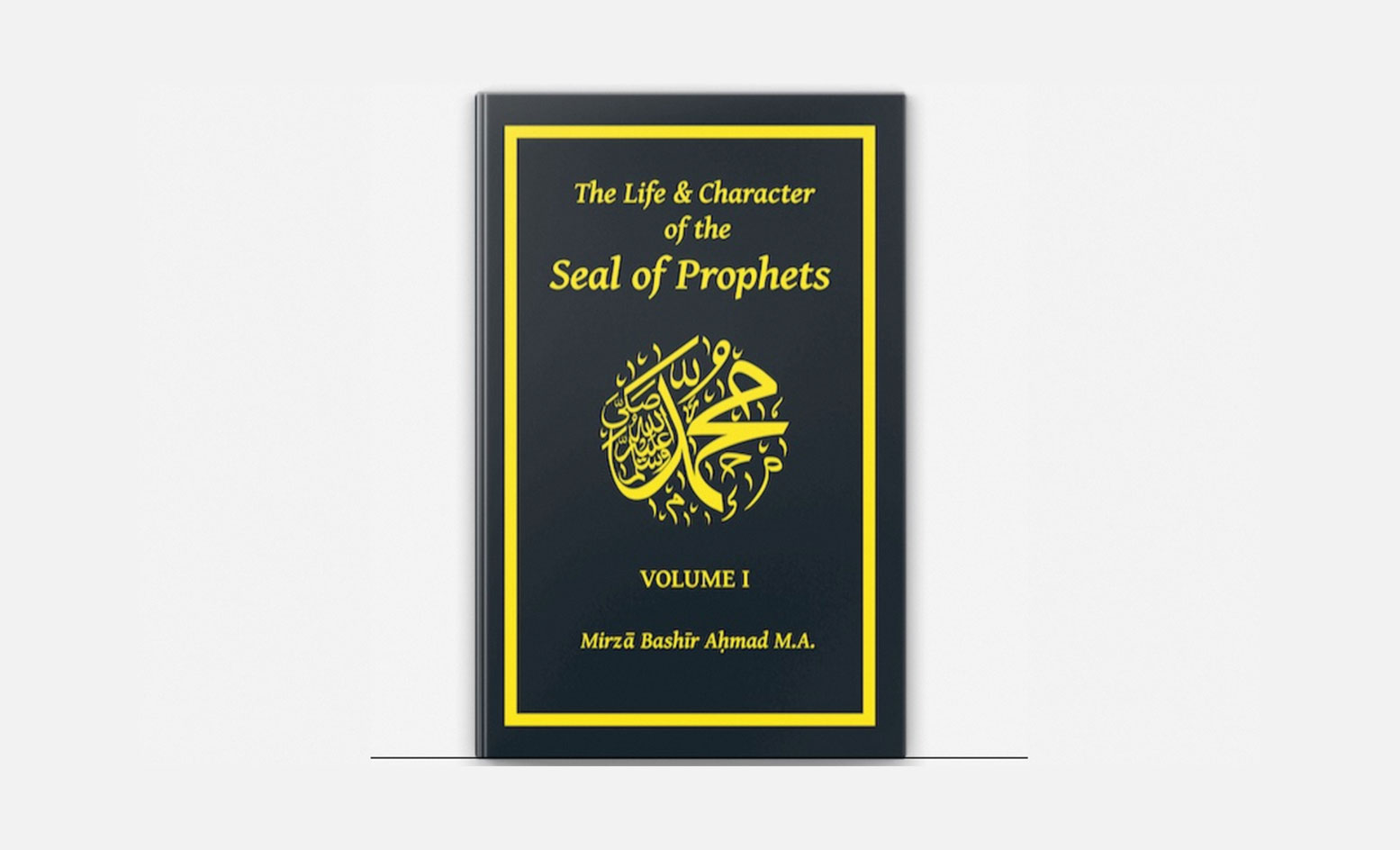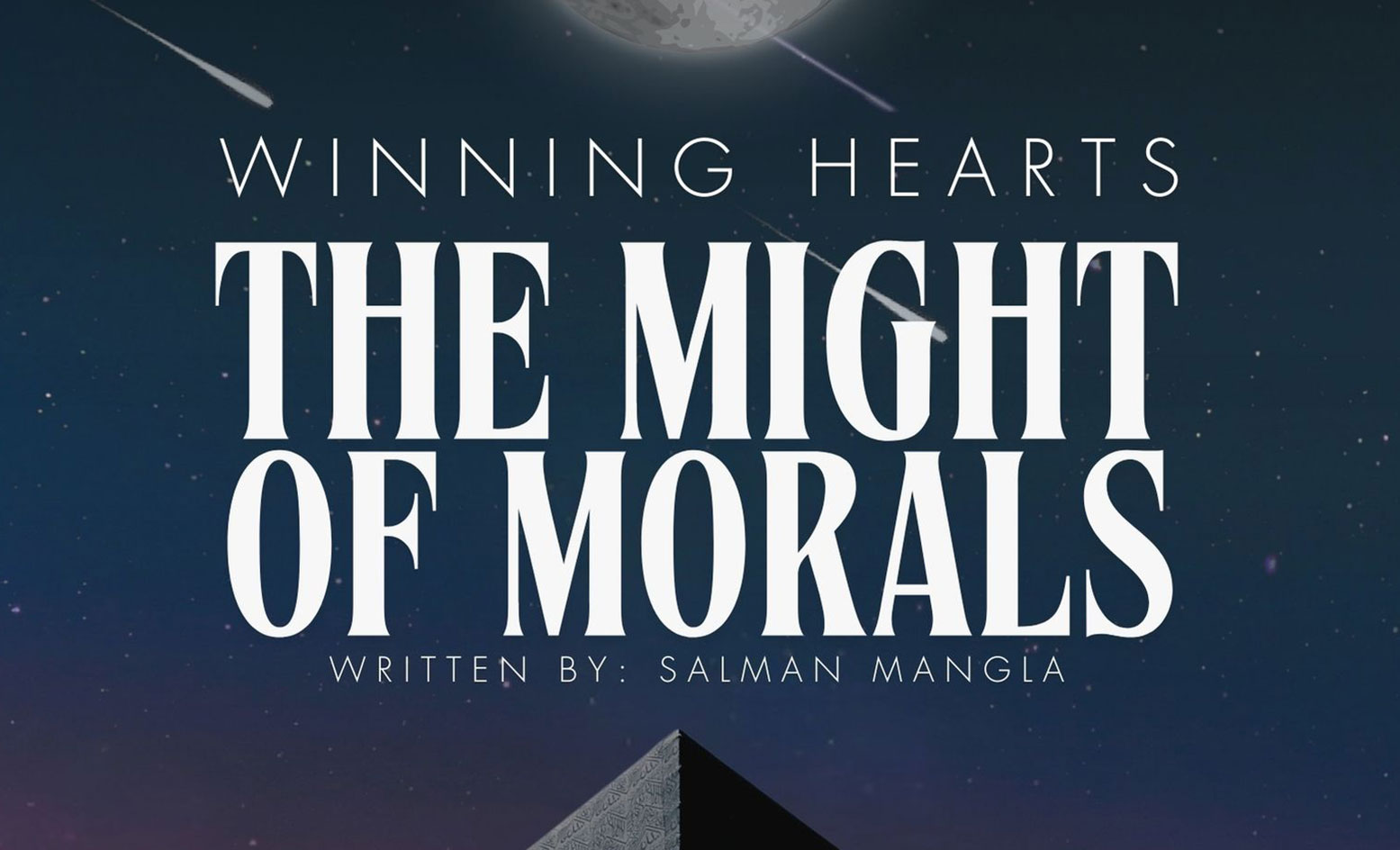The last question is essential to ask. How do we gauge the existence of anything to be meaningful? When we look at this question from a secular perspective, some may equate a meaningful life to material success, or power and authority, or even glamour and fame. All these objectives may seem alluring on the surface, but their benefit is limited to – more often than not – a single person.
From a religious perspective, some may think – especially considering the current climate of atheism – that religion means to seclude yourself, to become a hermit, to separate yourself from the joys of life, to adopt a lacklustre, restricting lifestyle, and to worship superfically God. Nothing could be further from the truth, at least in respect to Islam.
Islam reaches the deepest layers of life and teaches us one fundamental principle that can make our lives more meaningful: The purpose of our existence extends beyond our own being; we do not exist only to eat our own fruits, but to ensure that humanity, society, wildlife, the environment and everything else in the world derives benefit from us. Allah the Almighty has made sure to convey this message to us. For instance, He states,

“And worship Allah and associate naught with Him, and show kindness to parents, and to kindred, and orphans, and the needy, and to the neighbour that is a kinsman and the neighbour that is a stranger, and the companion by your side, and the wayfarer, and those whom your right hands possess. (1)
This verse of the Holy Qur’an outlines the two overarching themes of Islam: The rights owed to God, and the rights owed to mankind. A Muslim is expected by Allah the Almighty to uphold both these rights, and in many cases, Allah the Almighty has stressed the importance of serving humanity over fulfilling the rights owed to Him. This is articulately explained by Hazrat Khalifatul Masih V (aa) in the following words:
“Allah the Almighty states that if a person does not fulfil the rights of fellow mankind, then the worship one performs in the mosque for His sake will be thrown back onto that person.…if we do not fulfil the rights of other people and do not help others, if we do not carry out welfare work, if we do not look after those in need, or look after orphans or the needy, then our worship will be futile.” (2)
Thus, Islam is not the name of mere worship, meditation and self-reflection. Rather, Islam transforms one into a meaningful human being and a contributing member of our global society.
This teaching of Islam is exemplified by our Community. The Promised Messiah (as), in a Persian couplet, emphatically expresses:

“My purpose, yearning and heartfelt desire is to serve humanity; This is my job, this is my faith, this is my habit and this is my way of life.”(3)
These words translated into profound efforts by the Promised Messiah (as), who spent day and night in service to mankind. Whether it was feeding the poor, providing the homeless with shelter, fulfilling the needs of the Community members and others alike, or conveying the true teachings of Islam to those unaware, the Promised Messiah (as) spent his every waking moment in this endeavor.
And what is the purpose of serving mankind? The Promised Messiah (as) states:
“In truth, to show sympathy to God Almighty’s creation is a grand gesture, and He is pleased by it. What could be greater than the fact that, in return for this, God exhibits compassion on His part. In worldly affairs, we also observe this phenomenon; if a servant goes to his master’s friend, and that friend does not ask about the servant’s well-being, will his master be pleased with his own friend? Not in the slightest. Even though he was not offended directly, he would not be pleased. To be kind and considerate towards a servant is akin to being kind and considerate toward his master. God Almighty is also aggrieved when His creation is neglected and treated unkindly because He loves His creation dearly. Thus, he who is compassionate toward God Almighty’s creation attains His pleasure.” (4)
Thus, it is to attain God’s pleasure, it is for God’s sake that we serve humanity. And as members of Majlis Khuddamul Ahmadiyya, this responsibility is exponentially heavier. Hazrat Musleh Maud (ra) states:
“Khuddam-ul-Ahmadiyya means a serving group of Ahmadis. You are the servants of the whole of mankind but from among the Ahmadis. Therefore, it does not mean that you should [only] serve the Ahmadis; rather, you must serve according to the Ahmadi standards.” (5)
As Ahmadis, and as members of Majlis Khuddamul Ahmadiyya, we must strive to become examples for the rest of humankind. In the precarious conditions that the world is passing through, there is no telling where the world is headed. All that we are accumulating in our lives for our and our family’s benefit may be lost within the blink of an eye. And so, in an effort to build a treasury of spiritual wealth, let us strive to serve mankind and become one with God.
To conclude I hope and pray that the following words of our Holy Master, Prophet Muhammad (sa), remain close to our hearts and becomes a means of perpetual inspiration to serve humanity.
“All of creation is the family of Allah. Thus, Allah loves him dearly who treats His family (i.e. creation) with kindness and fulfills their needs.”
Authored by: Farrukh Tahir Sahib, Murabbi Silsila





